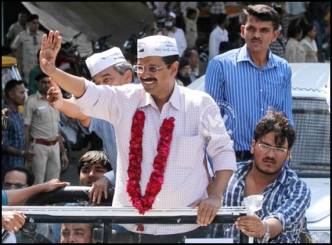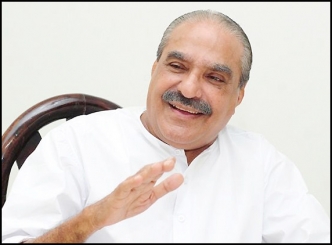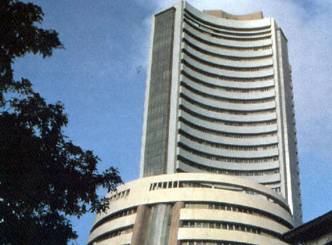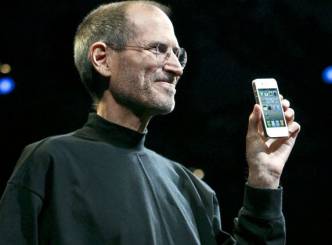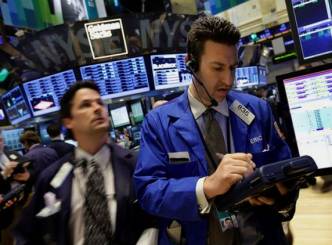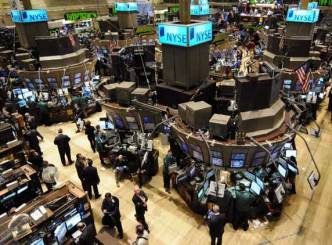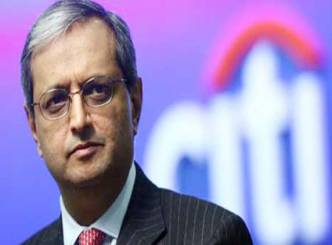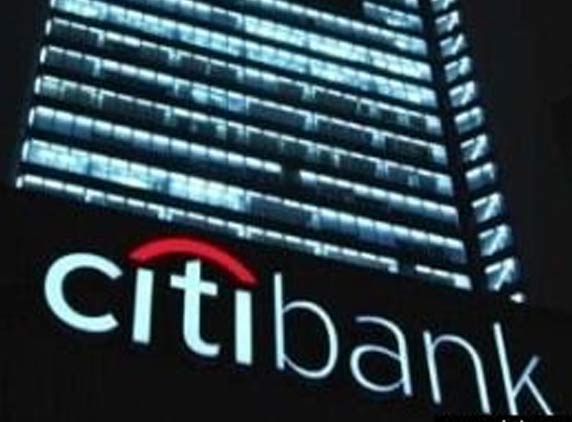
The news was a deafening blow to the Citigroup and a shocker to the Wall Street. Citigroup CEO Vikram Pandit had abnegated his position after he felt criticized by the Chairman of the group Michael O'Neill on Monday night's board meeting which was originally convened to talk about the third quarter of the bank's performance. With this he would also espouse the position of the board of directors for the Citigroup.
Why is Vikram Pandit so important to the company? Who exactly is Vikram Pandit? Vikram Pandit had finised his education in Colombia University by the age of 16 to earn a degree though he was born in India. He earned a doctorate in finance in 1986.
Mr Pandit joined Citigroup in 2007 when the hedge fund he founded was acquired by the bank. Within months of his joining he rose to the position of a CEO taking the reins in his hand. Before his career at Citibank he had been working as the head of investment banking at Morgan Stanley and then distanced himself from it while forming the hedge fund.
Mr Pandit has toned down the banks expenditures greatly while veering the company out of the financial crisis of 2008 when it had fallen into government ownership. His moves covered over billions of losses and brought it back on the path of profits. His decision to quit was also shocking as the bank has reported strong earnings in the third-quarter just a day ago.
Federal reserve's statistics show that Citi is the country's third-largest bank, with $1.9 trillion in assets, only a little behind JPMorgan Chase ($2.3 trillion), and Bank of America ($2.1 trillion).
Before he left the organization on Monday, he had a compensation of $15 million last year apart from the $10 million in retention pay. It is specualted that the internal friction that was sparked among the 55% of the shareholders who objected to the high pay could also be a reason for the unheralded exit. He had accepted a token $1 in compensation in 2010.
On Tuesday, in a statement, Pandit mentioned that "now is the right time for someone else to take the helm at Citigroup" after the bank "emerged from the financial crisis as a strong institution" as he passed the reins into the hands of Michael Corbat, the current CEO of Citigroup's Europe, Middle East and Africa division.
(AW- Anil)







